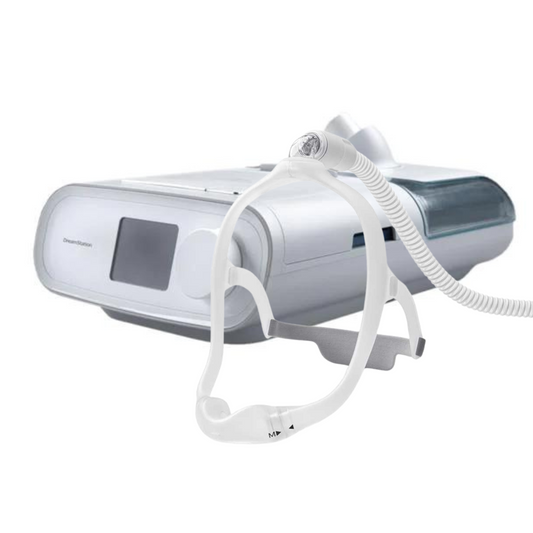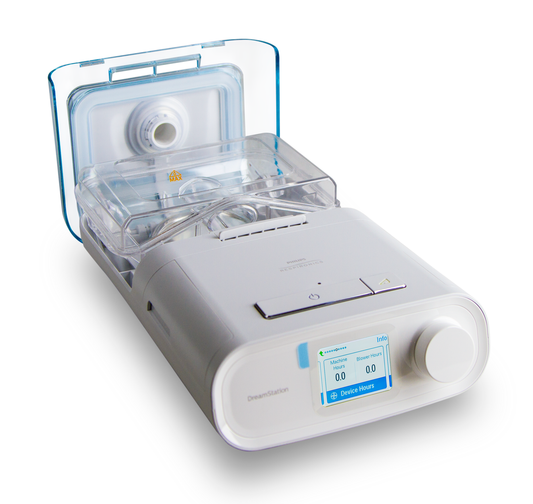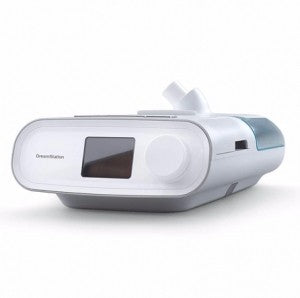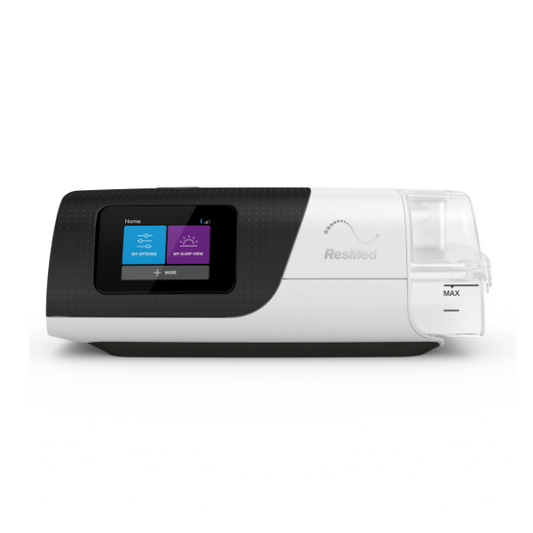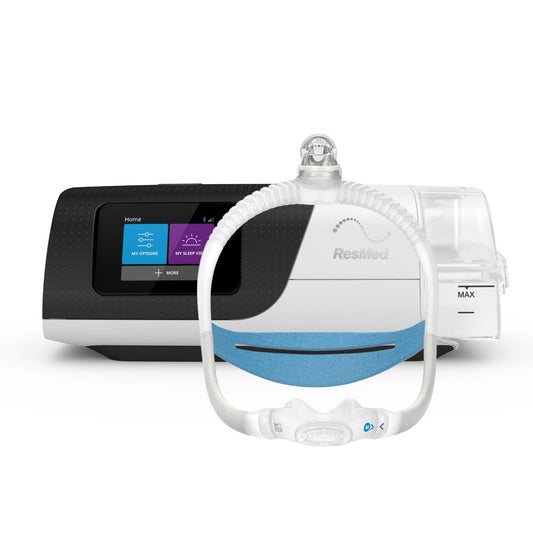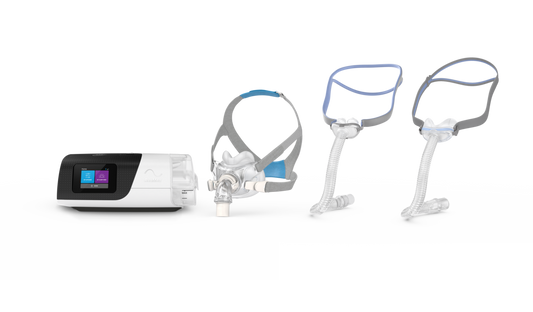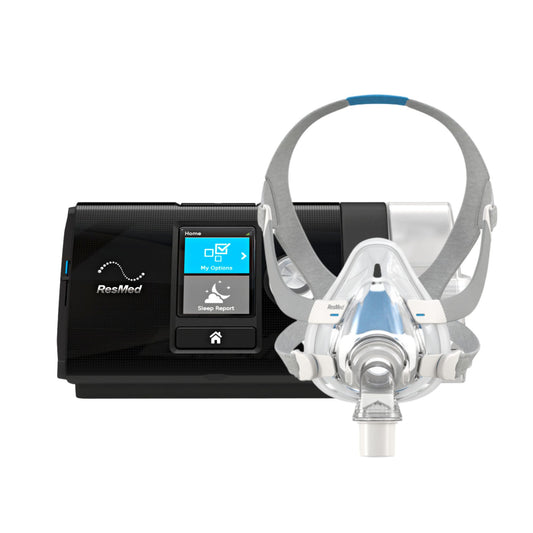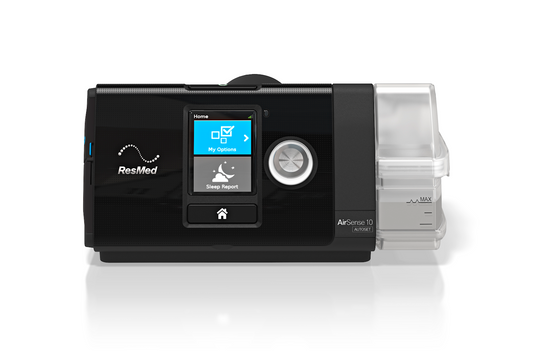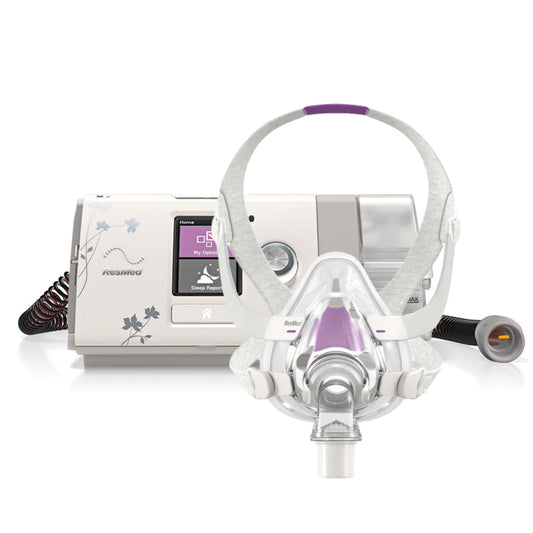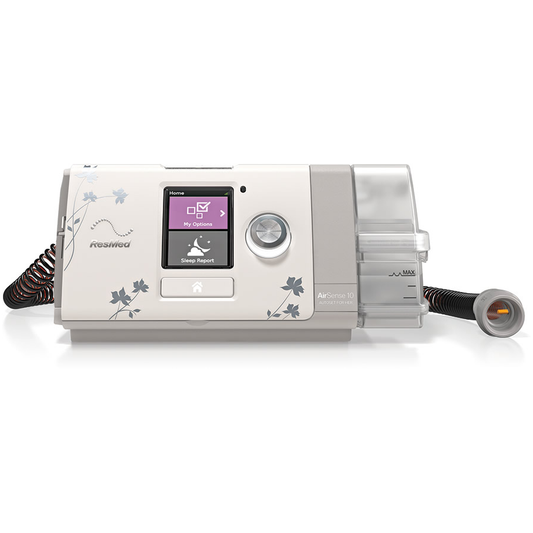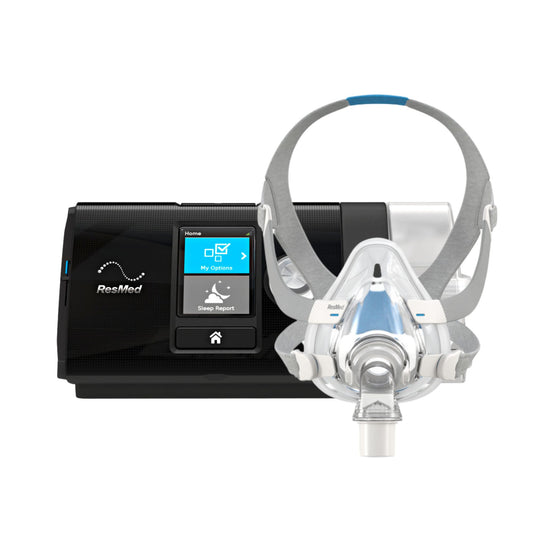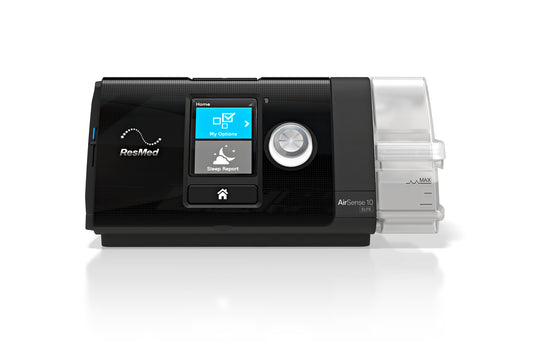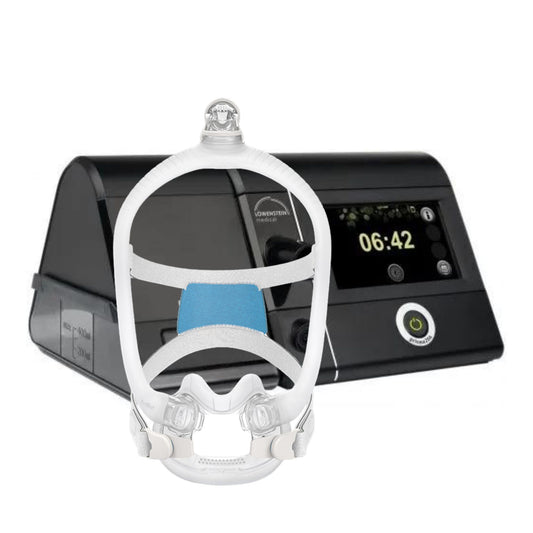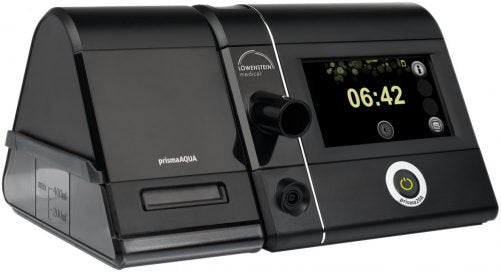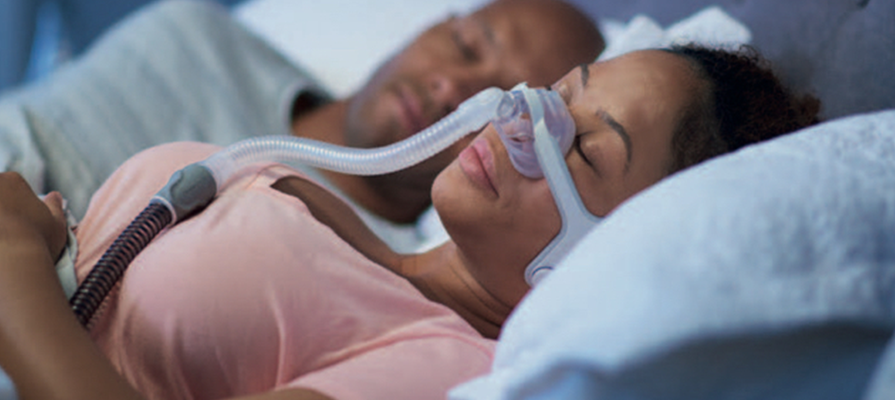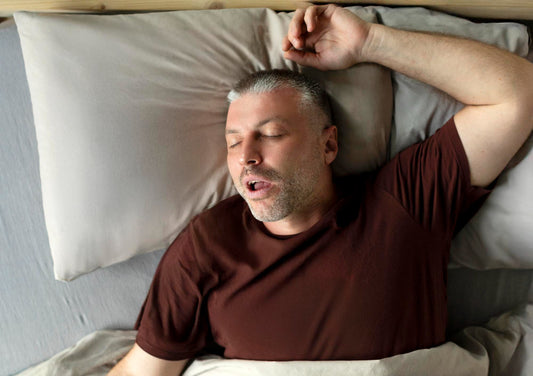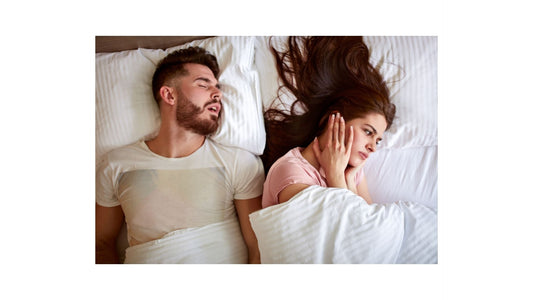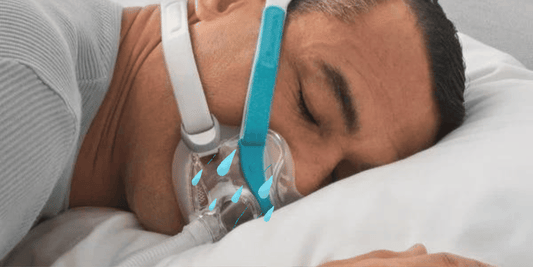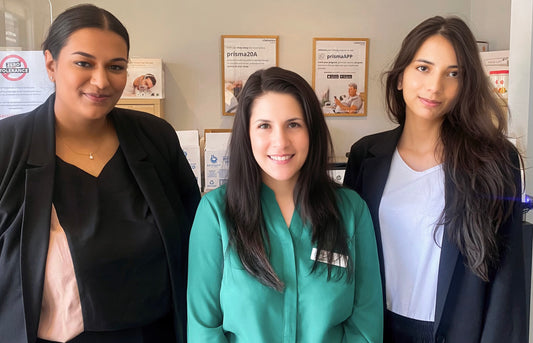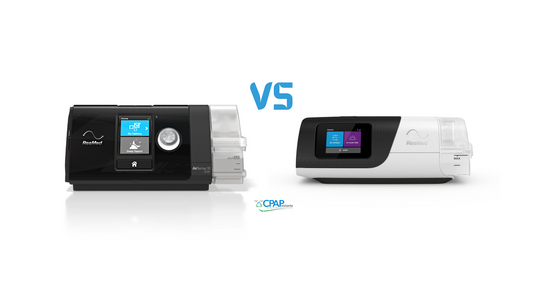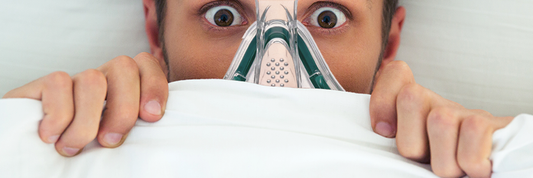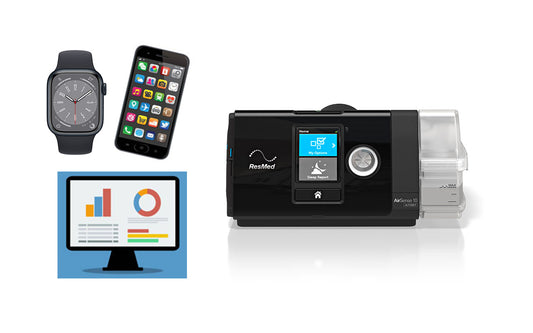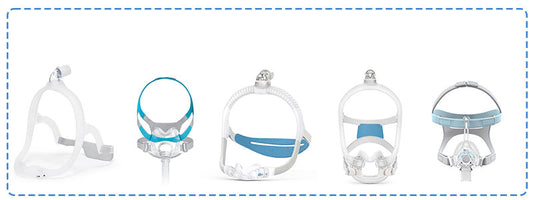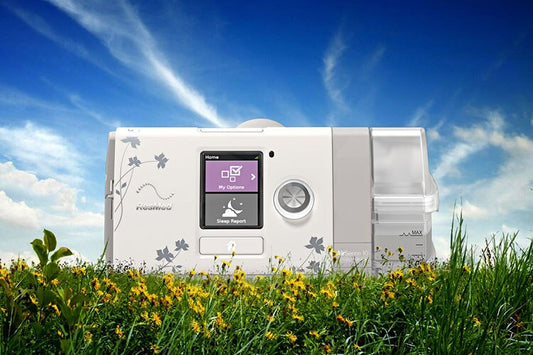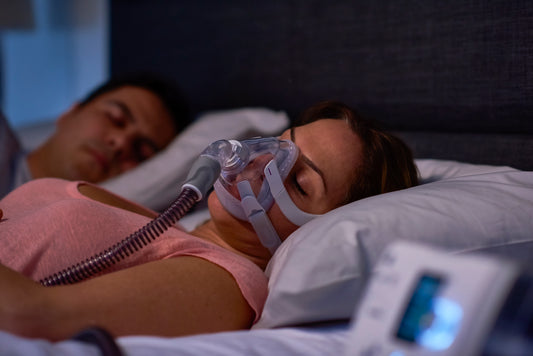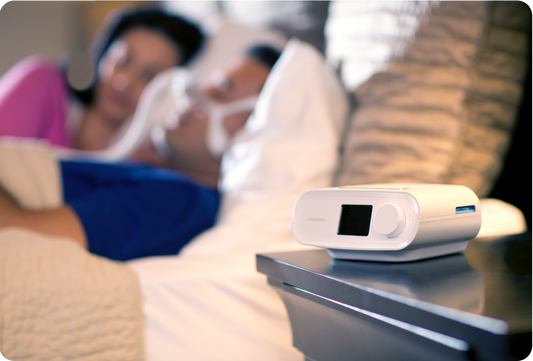Obstructive sleep apnoea (OSA) is a sleep disorder brought about by the brief yet repeated breathing cessation when one is sleeping. “Apnoea” is a term used to refer to breathing pauses that last at least 10 seconds. When the back muscles of the throat collapse, the airway is blocked and breathing stops. As the person recovers, he unconsciously wakes up. Central sleep apnoea, on the other hand, happens when the brain fails to address proper breathing during sleep. Generally, obstructive sleep apnoea is more common than central sleep apnoea.

Sleep apnoea causes low blood oxygen levels aside from fragmented sleep. People with sleep apnoea are most likely to develop co morbidities such as hypertension, memory problems, cardiovascular disease, diabetes, mood disorders and more. The condition also increases the risk for accidents due to drowsiness or sleepiness while driving.
CPAP Victoria has discussed the signs and symptoms of obstructive sleep apnoea. We have also presented other co-existing medical and psychological conditions related to OSA.
Who has Sleep Apnoea?
In the United States alone, there are more than 18 million adults are diagnosed with sleep apnoea. Childhood OSA is not as easily documented but the prevalence is up to 20% on children who habitually snore. OSA in adults and children could happen in all age groups and both sexes.
What Causes Sleep Apnea?
There are many factors that can increase the risk of developing OSA. Some these factors are:
• Small upper airway
• Large tongue, uvula or tonsils
• Being overweight
• Having a recessed chin
• Large overbite or small jaw
• Large neck (17” + in male and 16”+ on females
• Smokers and alcohol drinkers
• Older people
• Ethnicity as Hispanics, Pacific-Islander and African-Americans are more likely
• Genes
Coping with OSA
People with suspected sleeping problem should see a doctor for a consult. There are several tests that can be done to determine if indeed a person has OSA or any form of sleep disorder. Once properly diagnosed, the next step is to seek treatment.
Continuous Positive Airway Pressure (CPAP) is considered the best treatment option for OSA. The health benefits of using CPAP machine are great, only if used correctly in terms of pressure.
Most new CPAP users have some difficulty in adjusting to CPAP more so if they experience side effects while using the appliance. The best thing to do is to raise such concern to the doctor who can change the machine or adjust the CPAP pressure.
OSA could also be linked to insomnia and other sleep disorders. It is important that a person with a current CPAP treatment program must not just take any drug that can help him relax and fall asleep. This is dangerous for a CPAP user as a sleeping pill may further impair the breathing of an OSA patient in CPAP therapy.
Coping with OSA is no big deal. With the correct diagnosis and treatment options, OSA patients can lead fairly normal lives.
Call us now at: Tel: 1300 750 006
